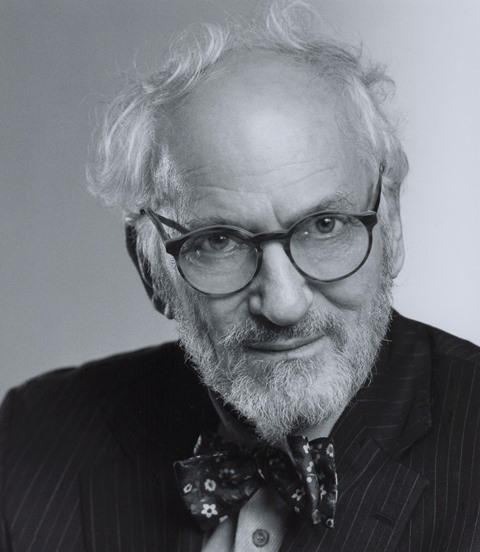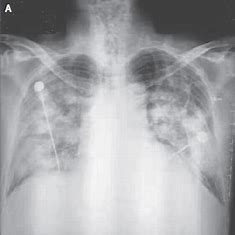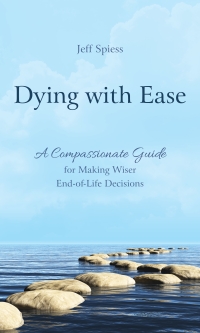My Debt to Dr. Eric Cassell

Dr. Eric Cassell died on September 24 at the age of 93. Dr. Cassell did not invent a new miracle drug or devise a novel disease treatment, but what he did discover was more important than any technological advance in medicine and health in the past century. Or maybe he did not discover anything, but rediscovered vital truth that still gets ignored far too often.
You see, Dr. Cassell’s focus was not on disease, but on persons, sick persons, suffering persons. He pointed out the obvious fact that the focus of modern western medicine is on diseases, injuries, and other maladies at the risk of ignoring the patient who has that disease, injury, or malady. Through innumerable lectures and hundreds of written works, he emphasized how vital it is for physicians and other health care providers to understand how people experience illness and pain, especially people who are reaching the end of their lives.
In teaching learners or illustrating for an audience I have often used this simple example: if a patient is admitted to the hospital for pneumonia, the medical knee-jerk response is to investigate and treat the pneumonia, assuming that if those are done correctly, the patient will somehow get better. Astute diagnosis and therapy are essential without any doubt, but what about what happens to the patient during this time? What about the racking cough? Does it help to hear, “well, better out than in”? What about the weakness, the loss of appetite? What about the fact that the patient lives alone, cannot afford adequate food and may not be able to afford the discharge medication? What about the fact that the patient, probably better than anyone else knows that people sometimes die from pneumonia, that they lay awake at night, afraid that if they fall asleep, they may not wake up? The typical hospital response to these concerns is a visit from an overworked social worker or care coordinator with a discharge plan to a rehab unit, assuming that this will take care of all this other stuff.
admitted to the hospital for pneumonia, the medical knee-jerk response is to investigate and treat the pneumonia, assuming that if those are done correctly, the patient will somehow get better. Astute diagnosis and therapy are essential without any doubt, but what about what happens to the patient during this time? What about the racking cough? Does it help to hear, “well, better out than in”? What about the weakness, the loss of appetite? What about the fact that the patient lives alone, cannot afford adequate food and may not be able to afford the discharge medication? What about the fact that the patient, probably better than anyone else knows that people sometimes die from pneumonia, that they lay awake at night, afraid that if they fall asleep, they may not wake up? The typical hospital response to these concerns is a visit from an overworked social worker or care coordinator with a discharge plan to a rehab unit, assuming that this will take care of all this other stuff.
I think I had only heard Dr. Cassell lecture once or twice, and I only own one of his books, but that book, The Nature of Suffering, and the Goals of Medicine, revolutionized my thinking about my relationship with my patients. In this book he points out that, while an infected lung might struggle to breathe, or a fractured hip may be painful, a lung or a hip or any other body part cannot suffer. Only intact persons suffer, and the causes of suffering have to do with the meaning of what is happening much more than the specific diagnosis or even the physical symptoms. In my book, Dying with Ease, I paraphrase his teaching by pointing out that “A [suffering] person has an identity, a past, a set of values, a group of relationships that all impact how they perceive symptoms and situations.”
The fields of hospice and palliative care owe much of their intellectual and spiritual foundations to Dr. Cassell, and the more other segments of the health care delivery system pay attention to what he had to say, the better all our medical care will be.

